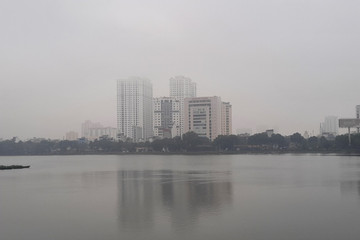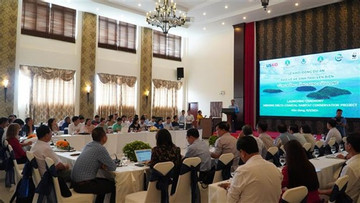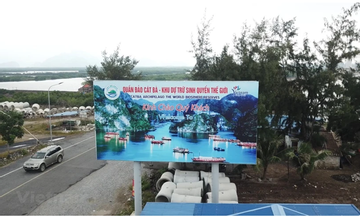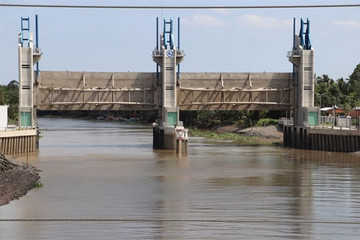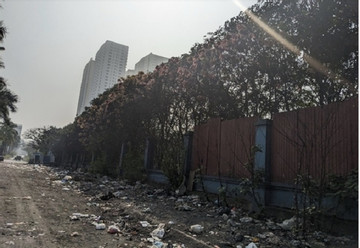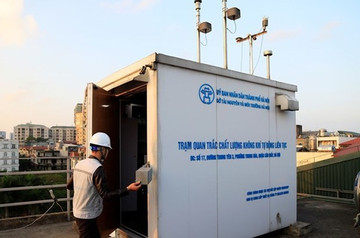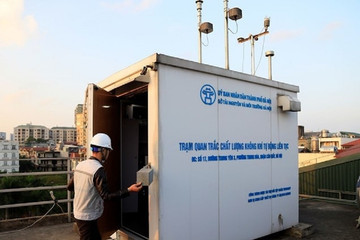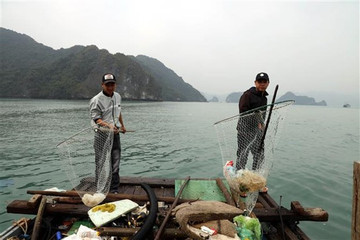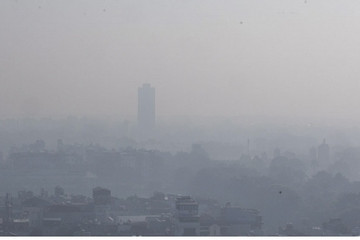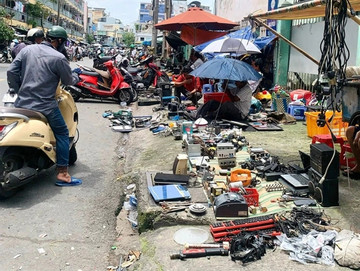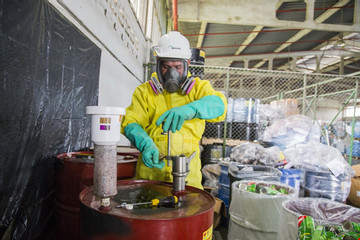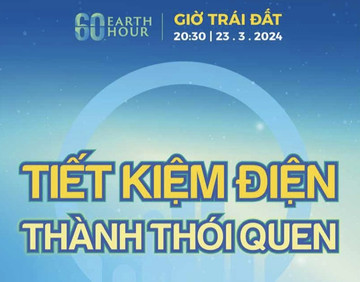- © Copyright of Vietnamnet Global.
- Tel: 024 3772 7988 Fax: (024) 37722734
- Email: [email protected]
environmental news
Update news environmental news
VN air quality second-worst in ASEAN, Hanoi most polluted in country last year
Air pollution in Vietnam stems from various sources including an aging vehicle fleet, coal power plants, industrial activities, indoor coal and biomass cooking stoves, ineffective waste management practices and agricultural practices.
People called on to reduce wildlife meat demand
The USAID Biodiversity Conservation has launched a wild meat demand reduction campaign urging government agencies and Vietnamese citizens nationwide to enhance their actions for wildlife conservation.
Nearly 4,000ha of forest in Ca Mau at extreme fire risk
Among the over 33,000ha of drought-hit forest in the southernmost province of Ca Mau, more than 13,530ha has fire potential rated as “dangerous” (Level 4) and nearly 4,000ha “extremely dangerous” (Level 5), local authorities said.
USAID-funded coastal habitat conservation in Mekong Delta kicked start
A project funded by the US Agency for International Development (USAID) to conserve coastal habitat in the Mekong Delta region was launched at a ceremony in Kien Giang on March 15.
Vietnam still witnesses large amount of plastic waste leaking into environment
In 2021 alone, the country was discarding over 8,000 tonnes of plastic waste daily, totaling around 2.93 million tonnes annually. This marks a significant increase from the 2.7 million tonnes recorded in 2018 and 2.83 million tonnes in 2019.
Discarded aloe vera peels cause pollution in Ninh Thuan
People are demanding that local authorities take action to investigate the facility’s operation and waste treatment amid rising health concerns.
Vietnam works to prevent biodiversity degradation
Vietnam is adopting solutions, including perfecting and legal framework, to intensify comprehensive actions at all levels to reverse the trend of biodiversity degradation.
Renowned Korean singer donates money to mangrove forest development in Vietnam
Singer Jisoo of Blackpink has recently donated all of the profits she has earned from her YouTube channel to charity organisation Save the Children that will use the money to develop mangrove forests in the Vietnamese southernmost province of Ca Mau.
Saltwater intrusion threatens Mekong Delta rice crop
Saltwater intrusion up rivers is estimated to affect 29,260ha of rice sown in areas not zoned for the crop in the Mekong Delta as the region enters the peak dry season.
Hanoi seeks solutions for environment in industrial zones, craft villages
The industrial parks and craft villages bring high income, but local people are facing heavy pollution.
Vietnam to have 98 more automatic air quality monitoring stations by 2030
Ninety-eight continuous automatic air quality monitoring stations will be constructed across the country between now and 2030, pushing the total number to 201.
Informal waste workers join hands for ‘zero’ waste target
According to The Circulate Initiative (2023), about 60 per cent of plastic waste is collected and recycled by 20 million informal waste workers globally, who are among the most vulnerable and marginalised groups in society.
Vietnam to build additional 98 air quality monitoring stations till 2030
Vietnam will build 98 more air quality monitoring stations in all 63 cities and provinces across the country till 2030.
Waste collection in Ha Long Bay intensified
The Management Board of Ha Long Bay in the northern province of Quang Ninh and waste collectors are pushing the collection of waste, particularly styrofoam buoys, on the sea.
School students to get free wild bird conservation education
The biodiversity education course would help create a generation of conservation human resources for Da Nang in the future, and school students will have an opportunity to study the beauty of nature.
Hanoi tops the world’s most air polluted cities
The air quality in Hanoi reached “very unhealthy” levels in the early morning of March 5, placing the capital at the top of the world’s most air polluted cities list.
E-waste puts pressure on waste management
Research findings from the Institute of Environmental Science and Technology reveal that VN currently generates approximately 100,000 tonnes of electronic waste annually, mainly consisting of household appliances, electronics and office equipment.
Vietnam strives to reduce emissions in transportation
Vietnam has made major strides in implementing the goal of reducing emissions in the transportation sector in Vietnam. State agencies and businesses have strictly made efforts to reduce the dangerous emissions from vehicles.
Dong Nai Province proves to be magnet for waste-to-energy projects
Dong Nai Province is poised for a significant transformation driven by environmental responsibility, renewable energy generation, and a commitment to sustainable development.
Vietnam to turn off lights for 1 hour on March 23 to celebrate Earth Hour 2024
In response to the Earth Hour 2024, Vietnamese people will turn off non-essential electric lights, for one hour from 8:30 PM to 9:30 PM on March 23.
